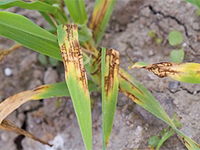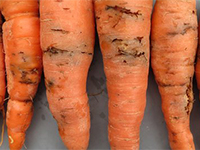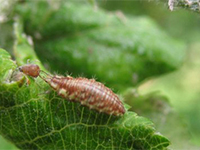Research
SECOND CALL:
Nine new research projects were selected for funding in the second C-IPM call.
Specialty crops such as apples, tomatoes and peppers, and cereals such as wheat are on the menu in the list of new projects that will investigate avenues of approach to IPM such as biological control, IT solutions, detection tools, Drosophila suzukii, and integrated systems approaches.
You can view the list of projects here.
Read more about each project below.
BioAWARE
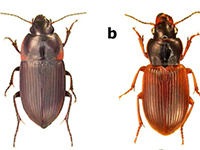
The use of herbicides might be reduced with help from the insect world. A group of scientists aims to find out if this is so in a new European project involving researchers from five different research institutions in France, Austria, Sweden, Czech Republic and the Netherlands.
PeMaTo-EuroPep
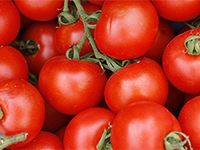
A new European project involving scientists from five different research institutions in Belgium, Spain and the Netherlands will develop an efficient and innovative ecological monitoring system and decision support system for greenhouse tomatoes and green peppers.
RELIUM
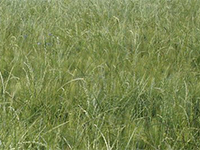
How and why do weeds become resistant to herbicides? A new European project aims to find answers to this question. The knowledge is important for the development of efficient pest management strategies.
EURO-RES
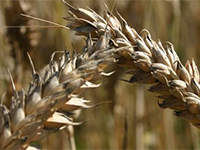
European researchers are joining forces to keep tabs on the spread of resistance in the fungi that cause the wheat disease septoria tritici blotch and to develop control methods that can help reduce dependence on fungicides.
Defdef
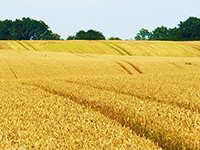
If used in the wrong combination, environmentally and health-friendly pest control strategies might actually increase crop pest populations. A new European research project will put this counter-intuitive idea to the test.
FIRST CALL:
Thirteen European countries are involved in the seven research projects that have been selected for funding in the first C-IPM call.
The research projects include topics such as management of hairy root disease in vegetables, an innnovative decision support system for weed control, control of mites in berries, fruits and woody ornamentals, control of potato blight, a decision support system for IPM in horticulture, prediction of wireworm activity in arable crops, and biosafe IPM strategies for managing disease resistance in pollen beetles.
Read more about each project below or here.

C-RootControl
In this project, scientists from Belgium, France and Switzerland are collaborating to control hairy root disease in tomatoes, cucumbers and eggplants using integrated pest management strategies.
Read more
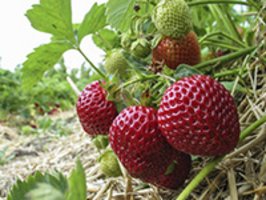
UNIFORCE
Berry bushes and azalea are among the numerous crops targeted by mites. In this project, scientists from four different European countries are collaborating to learn more about these tiny and elusive species.
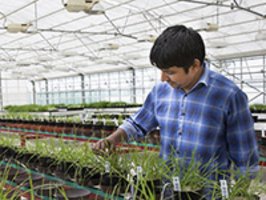
SmartIPM
This project aims to develop, optimise and validate decision support system tools in a real greenhouse cropping system context.
Read more
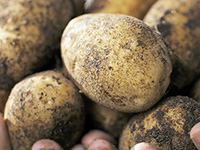
IPMBlight 2.0
The pathogen causing potato blight is highly variable and evolves quickly. This project will tackle the problem by analysing its genotypic and phenotypic variations and evolution, while designing better decision support systems.
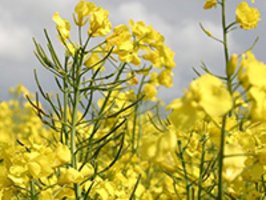
IPM4Meligethes
This project aims to develop alternatives to pesticides for the control of pollen beetles in oilseed rape, thus paving the way for a drastically reduced use of insecticides.
Read more
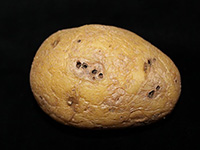
ElatPro
Wireworms are masters at disappearing deeper into the soil when conditions call for it. This project aims to learn more about wireworms in order to successfully predict when they can best be controlled.
Read more
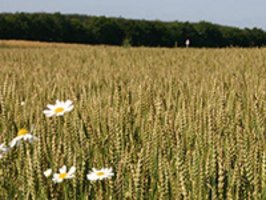
DSS-IWM
In this project, scientists from three different European countries are collaborating to develop an improved decision support system to help farmers control weeds in maize and winter wheat, taking local conditions into regard.
Read more

